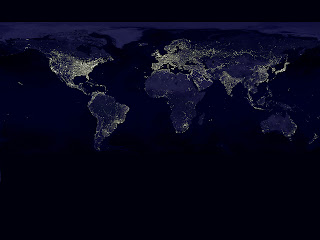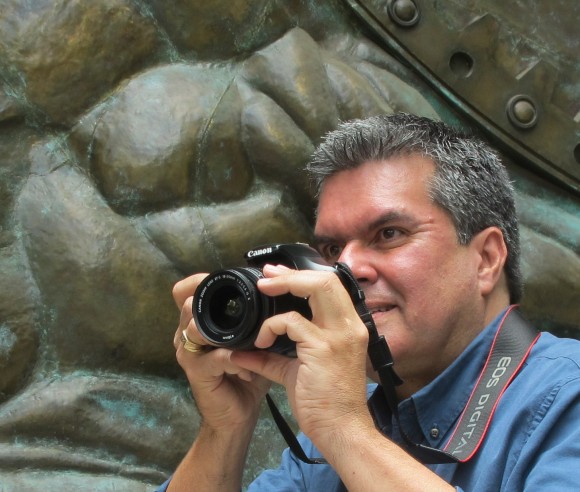Lo único más duradero que una botella de Coca-Cola, o un vaso de estiropor en el ambiente, es un impuesto temporal.
Si a mí me preguntan, yo les haría un monumento a las dirigencias que negociaron el Impuesto de Solidaridad Extrarodinario y Temporal, el Impuesto a las Empresas Mercantiles y Agropecuarias y el Impuesto Extraordinario y Temporal de Apoyo a los Acuerdos de Paz, y se tragaron el cuento de que aquellos tributos iban a ser temporales. El monumento involucraría atol y un dedo.
Por cierto que a mí me parece particularmente ofensivo que el gobierno negocie impuestos con las asociaciones gremiales de empresarios. Básicamente porque quienes en última instancia pagamos los impuestos somos los empleados y los consumidores, no los empresarios. Los pagamos en el precio y los pagamos cuando el dinero que no se va a nuevas inversiones de capital se esfuma para satisfacer las exigencias de los más variopintos grupos de interés. Lo pagamos cuando no abundan las ofertas de empleo porque lo que deberían ser inversiones productivas, se convierte en extravagancias presupuestarias del gobierno, o en fines de semana con jacuzzi.
El presidente Berger preguntó: ¿Qué país queremos? ¿Una nación que pueda brindar buenos servicios de salud, seguridad, infraestructura y más y mejor educación? Yo contesto que no. Que yo prefiero individuos libres que puedan pagarse a sí mismos y a sus hijos las mejores infraestructura, salud y educación, ¡y que el gobierno se limite a garantizar seguridad y justicia!, en vez de andar haciendo chinche los privilegios, como lo ha hecho su administración.
Sí; porque goza del privilegio de vivir del trabajo de otros, aquel cuyos negocios e intereses dependen del presupuesto del Estado.
Ya lo dijo no sé quién: “La mejor política social es un buen empleo”. Y yo agrego: No un buen tributo, que por donde quiera que se lo vea, es una entelequia. Por eso es que cada nuevo impuesto debería ser consultado con los que van a pagarlo, o sea: con usted y conmigo. Si Berger, o la próxima administración quieren seguir distrayendo recursos del sector productivo para el consumo del gobierno, ¡que nos pregunten si estamos dispuestos a dárselos!; y que, de paso, nos expliquen exactamente para qué los van a usar y cuál va a ser la responsabilidad de quienes van a administrarlos.
Las burocracias locales, muchos periodistas y los irresponsables que desde Europa y desde el Norte nos recetan impuestos, que el problema fiscal de la administración chapina reside en la falta de recursos para gastar. ¡Pero por supuesto que nadie se ocupa de la calidad de aquel gasto!
Por eso me llamó la atención un artículo de Edward L. Hudgins, acerca de los 12 pasos que los políticos deben seguir para curarse de su adicción al gasto; artículo que voy a tropicalizar:
1. Admita que tiene un problema; 2. Mantenga claro, en su mente, su papel de servidor humilde, más que el de amo arrogante; 3. Admita que existe un interés nacional que es superior al de los grupos de interés; 4. No ofusque los problemas del gasto mediante el uso de lenguaje posmoderno: el gasto no ocurre como una fuerza de la naturaleza; usted es responsable de su crecimiento; 5. Tenga claros, en formas concretas, los costos de su adicción al gasto; 6. Dígales No, a los impuestos con nombre y apellido; 7. Cuando se sienta impelido a gastar, o a imponer un tributo, llame a varios tributarios –de esos que trabajan duro para ganarse el pan– y pregúnteles su opinión; 8. No reemplace el gasto directo con beneficios especiales obligatorios, con privilegios, ni con otras formas de transferencia de riqueza; 9. Evite la compañía de otros gastadores compulsivos, o de promotores de gastos; 10. No se convierta en un pusher, motivando en otros su hábito de gastar; 11. Identifique a grupos de personas a las que usted ha dañado, mediante su adicción al gasto, y enmiende el daño que les ha hecho. Hágalo reduciendo impuestos y regulaciones; y 12. Difunda el mensaje de la necesidad de un gobierno limitado. Siga los doce pasos y contribuya a la sobriedad fiscal.
Publicada en Prensa Libre el sábado 27 de octubre de 2007


